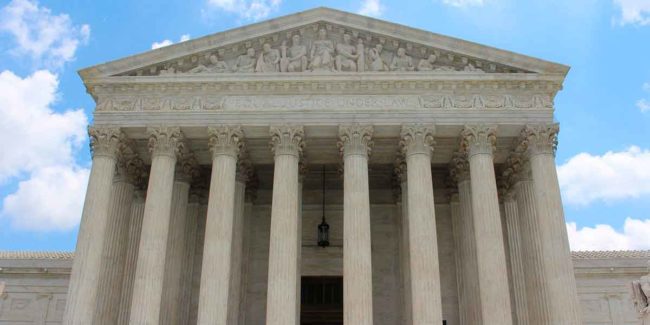Probate
The judicial process that takes place in the court in order to prove the legality of a will is known as probate. This process confirms the validity of the will as the last testament of the demised. In the absence of a legalized and valid will, the estate of the deceased is settled in accordance with the intestacy laws in the state where the real property resided at the time of the deceased individual’s death.
A few scenarios when the probate becomes necessary are: when the death of one of the tenants in common occurs, when there aren’t any beneficiaries appointed, when the death of the beneficiaries occurs before the decedent, when the testament or last will is invalid. While an invalid will is likely to necessitate the probate process, sometimes when the aforementioned scenarios are true, so is a valid one.
Joint tenancy allows an individual to own assets while they share some of the ownership rights of their estate with a tenant in common. Once the death of one of the tenants in common occurs, the specified share of assets of the deceased person has to be probated.
If the demised person owns a payable on death or other related accounts, such as health savings or medical account, annuity, life insurance policy, retirement account, IRA or 401(k) and the assigned beneficiaries pass before the decedent, a probate is necessary. When a person doesn’t have a legalized will that explicitly states what to do with their estate, a probate once again becomes necessary.
One of the best ways to avoid probate is to learn all about it and hire an estate planning lawyer that can guide you through the process! Read these articles on probate to gain extensive knowledge about it and find solutions to your legal problems.
If you are reading this article, it is safe to assume that you are trying to avoid probate, or the official validation of a will. For individuals attempting to avoid the frustrating process of probate, a revocable living trust can be a viable option. Revocable living trusts are particularly useful in a handful of states…
The term, “probate” is scary for many people. They immediately think of courts taking away property or other horror stories that have been misinterpreted over time. The simple definition of probate is the legal process courts use to confirm a Last Will is valid, settle the estate’s debts, and then distribute the assets. A Long…
The term probate gets thrown around quite often. It goes hand in hand with estate planning, but do you know what it means? This article will discuss the basics of probate and acts as a stellar introduction to the important concept. Defining Probate By definition, probate is the legal process of proving a will and…
In this article, we will discuss the positives and negatives of the probate process. Many people automatically dismiss the probate process because they only possess knowledge of the negatives it entails, but being aware of the potential benefits can help with your understanding and outlook on probate. When people hear the word probate, negative…
Scenario Tony was allocated his parents’ assets when he was in a foreign country and was elated because he realized his parents loved him so much. A few months after the will was read out, he traveled back to New York only to get the shock of his life – the executor, Martin, had sold…
Losing somebody close to you is a hard time for many people. It becomes more difficult when you have to navigate the probate process while grieving. Many people that go through the probate period have admitted that they develop stress conditions; some even become depressed. Due to this, many people resort to working with a…
If you are new to the probate process in New York, you have many questions you need answers to. Today, we look at the sample questions regarding legal issues that clients ask time and again and give you solutions to help you handle probate cases that come up in the future. If you need answers…
An administrator of an estate is tasked with a lot of responsibility when it comes to distributing the estate of an individual. When an administrator knows that the estate has gone to probate, the first step is to notify the beneficiaries of the development. He sends out a notice telling the parties involved that the…
As estate planning lawyers, we come across so many questions from clients. One of the most common questions we get is, “where can I find a copy of the will or all the records concerned with the case?” The good thing is that probate is a public process, which means that the records are available…
The need for legal representation has made the search for a lawyer to become generic – people now look for any lawyer with just enough legal expertise and think they have the best person to work for them – wrong.If you have received a notice of probate to be an executor, hire a lawyer early…









